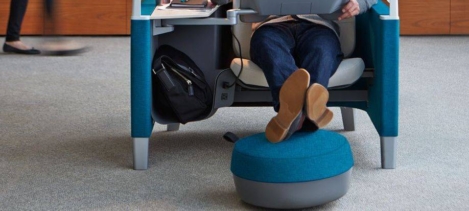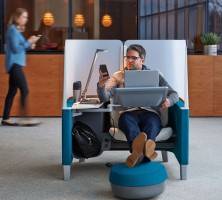January 29, 2016
Rise in skills shortage vacancies as training in UK firms falls short 0
 New figures, published by the UK Commission for Employment and Skills (UKCES), show that despite a surge in job openings, the number of positions left vacant because employers cannot find people with the skills or knowledge to fill them has risen by 130 percent since 2011. These so-called “skills shortage vacancies” now make up nearly a quarter of all job openings, leaping from 91,000 in 2011 to 209,000 in 2015. Over a third of vacancies in electricity, gas and water and construction are now subject to some form of skills shortage, with transport and manufacturing not far behind. Only in public administration are skills shortages below 10 percent. And of particular concern, said the Chartered Management Institute was the revelation that almost half (48 percent) of UK managers have not received any form of training at all during the last 12 months, down from 50 percent in 2013.
New figures, published by the UK Commission for Employment and Skills (UKCES), show that despite a surge in job openings, the number of positions left vacant because employers cannot find people with the skills or knowledge to fill them has risen by 130 percent since 2011. These so-called “skills shortage vacancies” now make up nearly a quarter of all job openings, leaping from 91,000 in 2011 to 209,000 in 2015. Over a third of vacancies in electricity, gas and water and construction are now subject to some form of skills shortage, with transport and manufacturing not far behind. Only in public administration are skills shortages below 10 percent. And of particular concern, said the Chartered Management Institute was the revelation that almost half (48 percent) of UK managers have not received any form of training at all during the last 12 months, down from 50 percent in 2013.































January 23, 2015
Good communication is essential to ensure workplace health and safety
by Mike James • Comment, Facilities management, Legal news, Wellbeing, Workplace
(more…)